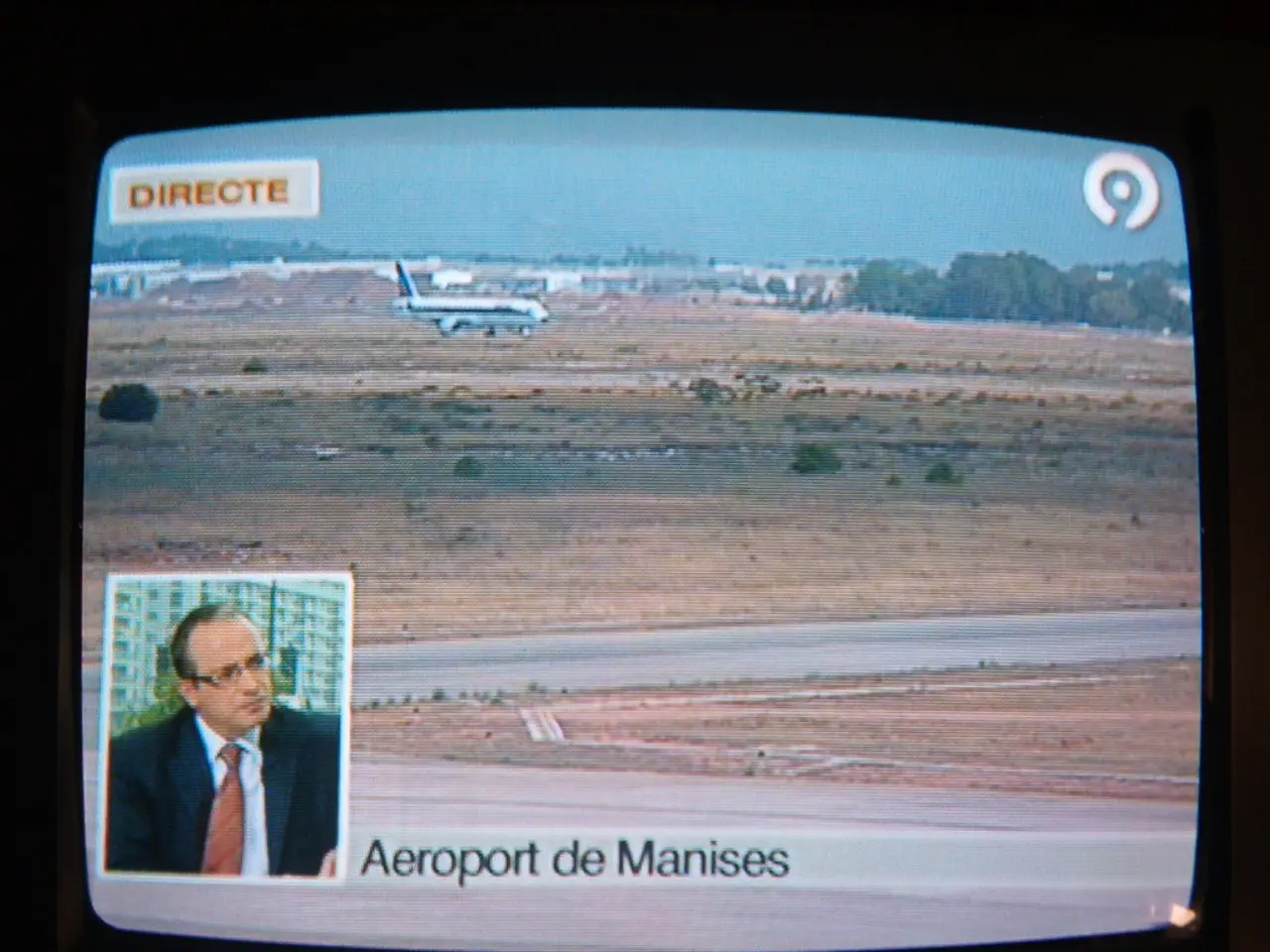Former 'Love Is Blind' competitor files class-action lawsuit over inhumane working conditions on reality TV productions
In a series of recent developments, several reality TV contestants have taken legal action against production companies, alleging labor violations and poor working conditions.
The latest lawsuit was filed by a former participant on the Netflix dating series Love Is Blind. Stephen Richardson accuses the show's makers of sleep deprivation, isolation, insufficient food, and excessive alcohol consumption during production. These allegations come in connection with Netflix's production of the show.
Richardson, who appeared on season seven of Love Is Blind, says he was forced to sign a contract similar to the one Renee Poche, who filed a lawsuit last year against Kinetic Content and Delirium TV, alleging labor violations. Arbitration proceedings seeking $4 million were initiated against Poche for allegedly violating her nondisclosure agreement.
Contestants on Love Is Blind were paid $1,000 per week, an effective wage of roughly $7 per hour for working 20 hours a day and seven days a week. The lawsuit alleges that the contestants should have been classified as employees, entitled to minimum wage, overtime, and protection from illegal contractual terms.
The lawsuit seeks unspecified damages and brings claims for multiple labor violations. It was filed in California state court on Monday. The National Labor Relations Board's complaint against the production was issued last year.
For years, contestants on Love Is Blind and other reality TV shows have complained of unsafe working conditions. The lawsuit marks another challenge to working conditions and pay in the reality TV industry.
Notably, many reality TV contestants, including those on Bravo's Real Housewives and Vanderpump Rules, have also sued. The lawsuit does not disclose if the stipend has increased since then, though Richardson also alleges he should've at least been paid minimum wage and overtime.
The reality TV industry shields itself from litigation by leveraging contracts with nondisclosure agreements and provisions requiring legal action to be taken in arbitration. Despite numerous requests for comment, the production companies have not responded since 2021.
The lawsuit is a proposed class action, aiming to represent people who applied for or participated in reality TV productions produced in California on behalf of Netflix, Kinetic, or Delirium. It comes after the National Labor Relations Board's complaint, potentially opening the door to unionization.
As the legal battle unfolds, it raises questions about the working conditions and pay in the reality TV industry, and whether contestants should be classified as employees entitled to labour protections.
Read also:
- Today's most impactful photographic moments
- Support for Eric Adams in The Post's Letters to the Editor on August 13, 2025
- Roosting Shark and Rambunctious Red Squirrels: Unconventional House Rental in Yorkshire Involving Aquatic Marvel, Squirrely Mayhem, and Mystical Planning Regulations
- Legal Dispute Dismissed with Humor: Supreme Court Laughs off Another Civil Matter Mislabeled as Criminal Prosecution








